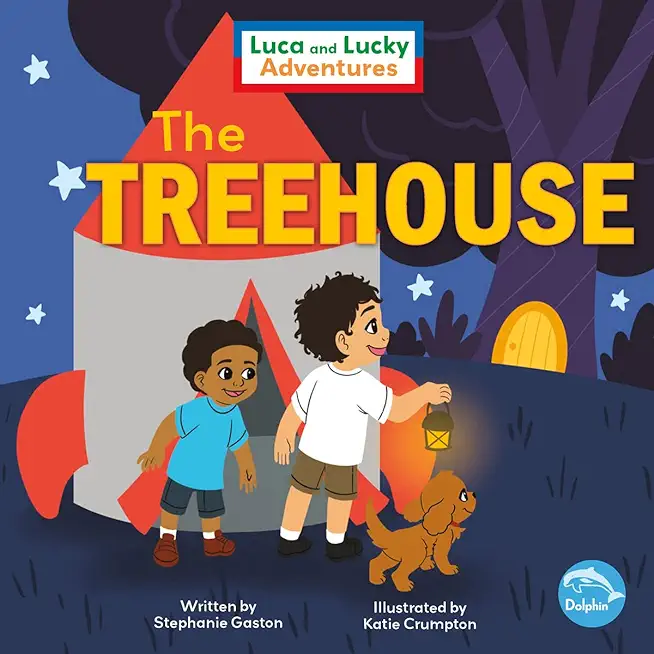
Figueroa- de Cárdenas, Javier
The historiography on the Cuban Revolution is rich and abundant, but it suffers a major problem: it lacks rigorous studies about the opposition movement that emerged in Cuba when some of the country's political leadership, headed by Fidel Castro, decided to push the island-nation towards a horizon characterized by the enthronement of a radical and anti-democratic regime. One of the main groups organized to defend the feasibility of the promised and previously agreed democratic society, sought and fought by many before 1959, was the Cuban Student Directorate (Directorio Revolucionario Cubano-DRE), an organization founded by pro-democracy Cuban students in 1960. El sueño inconcluso. Historia del Directorio Revolucionar-io Estudiantil (DRE), Cuba 1959-1966 is a book about the history of this organization. It is also an account of other numerous and important aspects that were part of the political dynamic of this history, like the role played by catholicism in shaping the response given by the students to the radicalization of the Revolution. El sueño inconcluso follows, not only the confrontation between the students and the Cuban government, but it also examines the involvement of the governments of the United States and that of the Soviet Union in the Cuban question. This is a history that belongs to the Cold War. This is a historical work based on a thorough research that includes interviews with central figures within the DRE, the examination of hundreds of documents that are part of DRE's archive collection, as well as the vast amount of documents produced by the Central Intelligence Agency (CIA) and by the Department of State. Likewise, the research took into account the extensive bibliography that deals with such a key period within the Cuban history.







